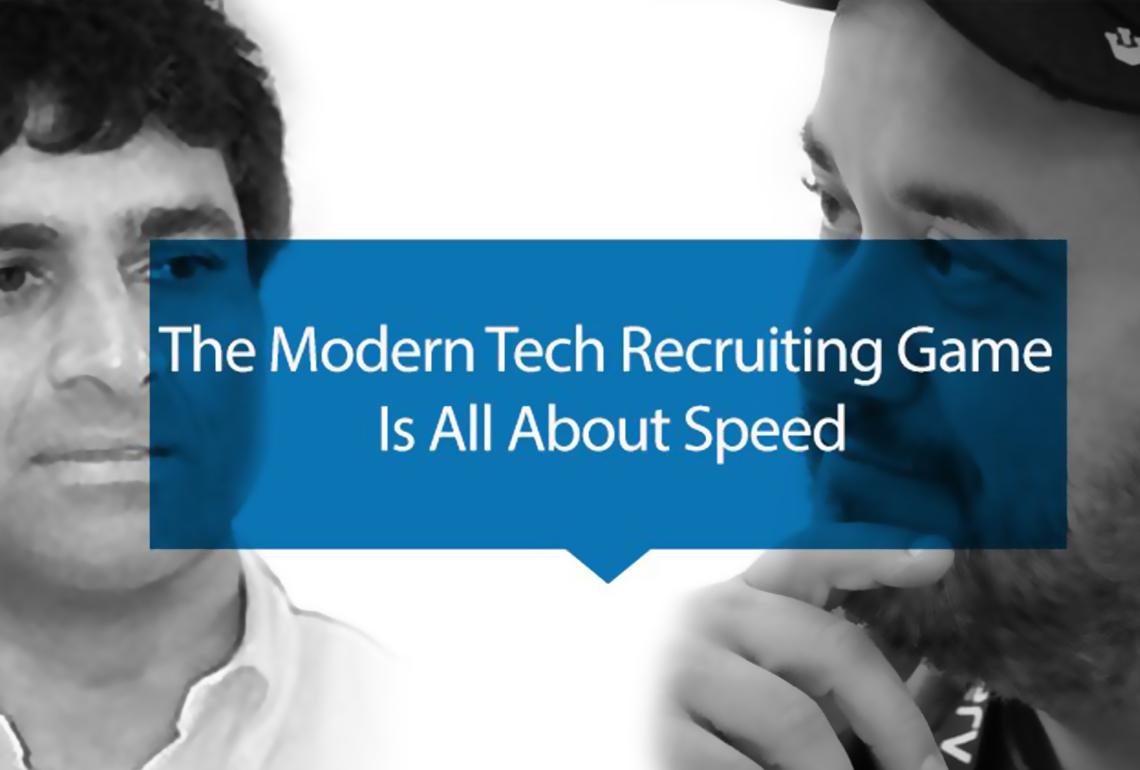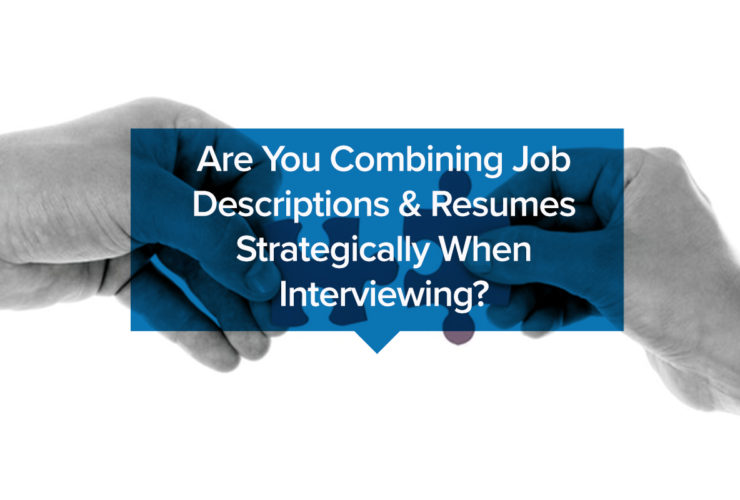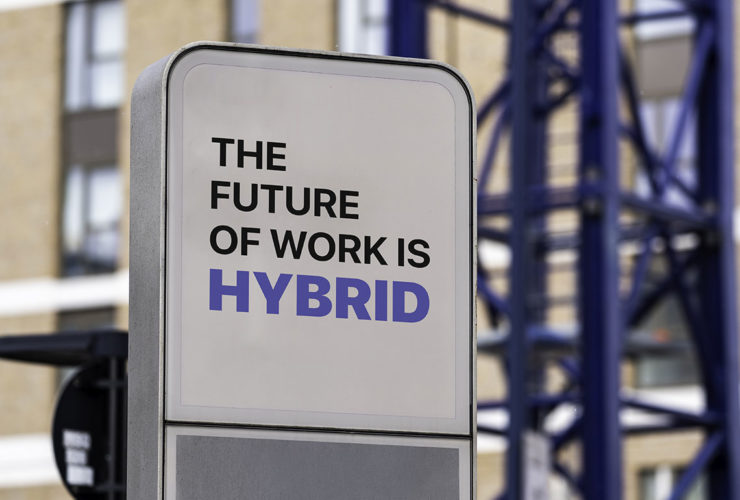The big picture on speed
Here’s an interesting place to start if you want to think about how modern tech recruiting and talent has shifted in the past few years: What are the big questions that candidates are expecting recruiters to answer these days?
According to a conversation I had with William Tincup of RecruitingDaily earlier this week, they would be:
- What’s next? (this speaks to internal mobility)
- What can I learn? (training and development)
- How will I be acknowledged or rewarded? (total benefits)
In one respect, this is moving HR and recruiting ever-closer together, because these are HR questions that recruiters must now field.
But the bigger impact is around speed. We’ve talked a lot about speed in the hiring process in the last few years, with some railing against it. Some believe you need a thoughtful, drawn-out approach to get the best talent. Lots of meetings, road maps, job description edits, job role design, etc.
In modern tech recruiting, this is often the wrong approach. You need to move fast. You need to know the answers to these questions above (and many more). There is room for strategy, of course, but the execution level does need a focus on speed.
Listen to the podcast here:
Talent has options
This is crucial to understand. In some major urban markets, tech unemployment is under 5%. I had William tell me that one hiring manager told him it takes 2+ weeks to schedule an interview. William asked “How is that possible?”
You probably know the answer, but the hiring manager says “I’m so busy.”
As William said (and I agree with): the talent — and especially the best talent — doesn’t care how busy you are. They have options. Others want their skill sets. And other companies are able to answer those questions above about future skill development and compensation/benefits.
When talent has options, speed is absolutely crucial to a recruitment process.
You have needs
This is a two-way street.
Many tech projects are slotted into sprints or road maps where “A” (a project) needs to be accomplished before “B” (another project). When earlier projects fall behind, budgets bloat and concerns arise all over the organization. One of my colleagues here at eTeki has seen several well-tenured executives fired over tech project planning fails over his career.
Most of those project planning fails come back to talent: the organization didn’t have the right people at the right times. The literal difference between one or two top tech employees on the right project at the right time vs. not having that level of employee can mean millions to your organization.
So why is recruiting still often slow in an age of such advanced tech?
This is an interesting question, because SHRM has even noted that average time to hire has been drastically increasing since 2010. We’ve reviewed other research and found that while some of the best technical hiring processes have been shaved down in recent years (often from two months to two weeks), a majority of companies are still taking too long with technical hires. If we have all these platforms and tech designed to streamline and improve hiring, why is speed still an issue for many organizations?
“If you want to hire C-Talent, don’t change anything,” William told me. “But B-Talent and A-Talent is moving faster than you are. If you want that talent, we need to change how fast we are moving.”
One concern is cost. Companies often believe quicker hiring will be more costly. The obvious counter-answer is that hiring the wrong talent is significantly more costly. Paying on the back-end is much more painful than strategic expenditures on the front-end.
Another concern is how recruiting teams spend their time. Much of it is consumed with screening and scheduling — and, frankly, “busy work.” This is what happened above when the hiring manager told William he couldn’t even schedule an interview for two weeks. When he spoke of being “so busy,” it’s important to think about what is making him busy — and how could that be taken off his plate to refocus on getting the best people now?
This is also important to understand: in many ways, the speed of hiring discussion is about process and technology. Recruiting teams should level-set their recruiting process every six months. Then they should make sure the technology is supporting the process, not impeding it. Tech is very important, but the process is actually more important. If the process isn’t there or the tech isn’t supporting the process, the speed drops.
How do we get faster at hiring top tech talent?
A few approaches:
Set priorities: You need to prioritize the speedy hiring of top tech talent for projects. Your simple starting place is to make it a priority. “We’ve got to push speed,” William told. “We’ve got to work faster. We can wait on talent but the talent can’t ever wait on us. They’re in control.”
Evaluate your processes: Where are the choke points? What is slowing down the process? Scheduling? Screening?
Now apply the tech: What tech can reduce these pain points? Would something like chatbots or text message-driven initial screening work? How about leveraging AI for scheduling help?
Evaluate the relationships: One common choke point is the handoff from recruiter to hiring manager on highly technical roles. Is the candidate list fully vetted? When they’re not, the process often has to restart — which is obviously going to extend time to hire and slow everything down. This is where eTeki helps.
Stop treating everyone the same way: HR does believe deeply in standards, and that is a great thing in terms of compliance. It’s not great in terms of talent acquisition, however. William once considered writing a book around the idea of “Finding Messi,” referring to Leo Messi, one of the best soccer players in the world. “You can’t treat Messi or find Messi like you would the 42nd guy on the bench,” William said. “We as HR and recruiting and hiring managers treat everyone the same way, and that’s to our detriment.”
Shift your thinking: “Get your mind right,” says William, quoting both Cool Hand Luke and Snoop Dogg. “We always thought that talent had to adhere to us, but that’s an old mentality. Talent doesn’t behave that way anymore — and probably never should have.”

Bala Nemani
Founder of eTeki and IT Solutions Executive with a passion for getting “candidate to role” fit right 100% of the time.








